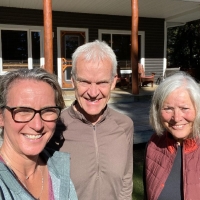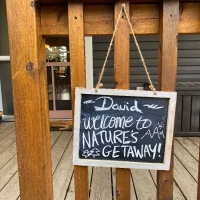If you ask AI for a profile of a great leader, you’ll get something like, “great leaders are visionary, inspirational, empathetic, decisive, innovative, collaborative, charismatic, resilient, authentic, and strategic.” This may be a good list to aspire to, but it’s an impossible standard to uphold if you think you have to be there to be called a great leader.
While the best leaders (with or without a title) do exhibit many of these attributes, the two qualities that eclipse them all are self-awareness and self-assurance (my good friend, Jeremy Amyotte, wrote a great book on these topics). Some days you may not exhibit any of these qualities, or some are simply not in your wheelhouse of strength. Self-awareness and self-assurance mean that you are comfortable enough with yourself to be honest about the gaps in your leadership – whether on a particular day or in your leadership in general – and either find others to fill those gaps or at least not hurt people or your organization by your unacknowledged blind spots.
Self-awareness and self-assurance come from making time for self-exploration. We all have the capacity to be a leader in our own unique way. Thankfully there’s no profile of an ideal leader. What leaders must be willing to do, however, is devote themselves to increasing their self-awareness and self-assurance. People that are willing to look inside themselves, listen humbly to hard feedback, get ongoing support from trusted confidants, and be committed to continual growth, tend to be called great leaders.








